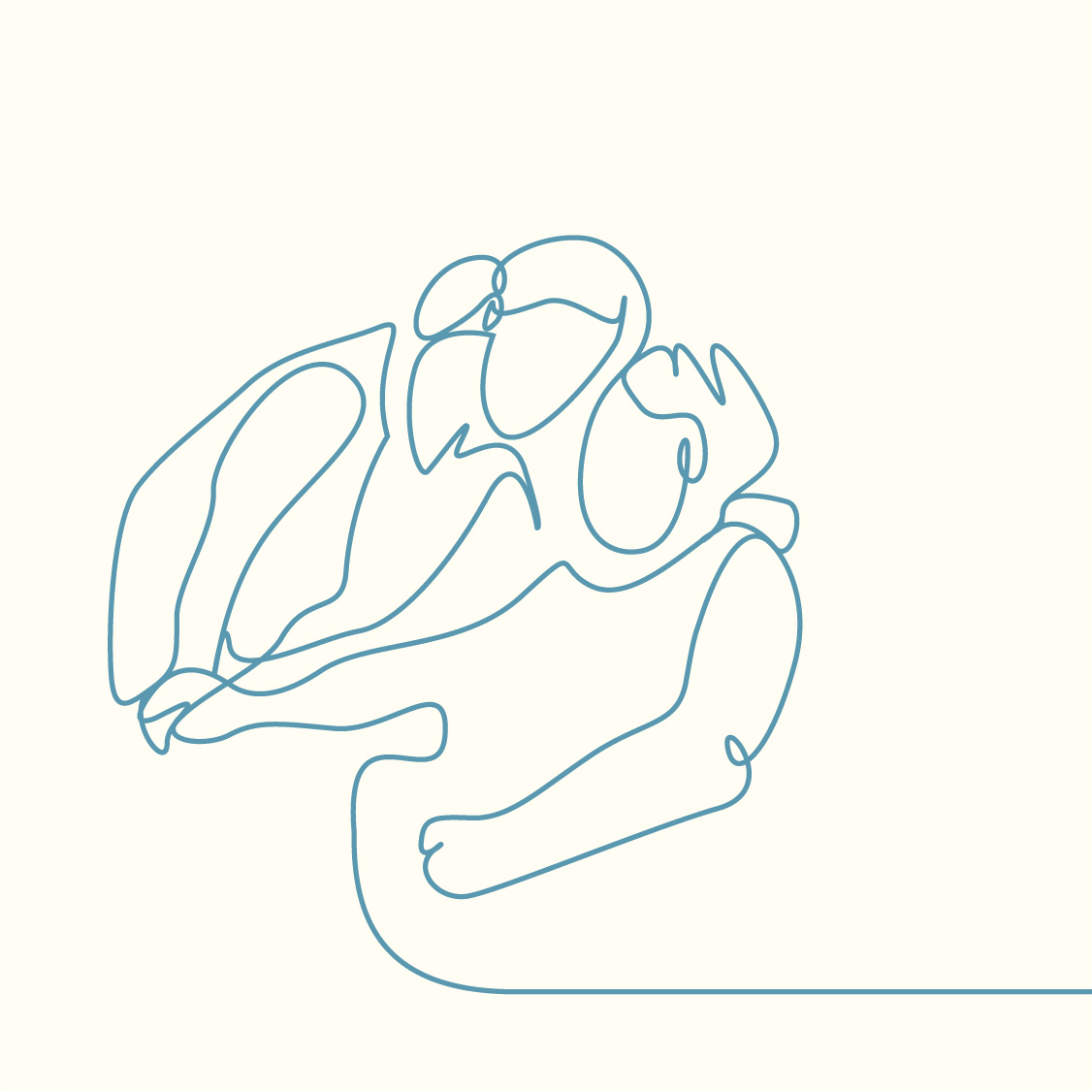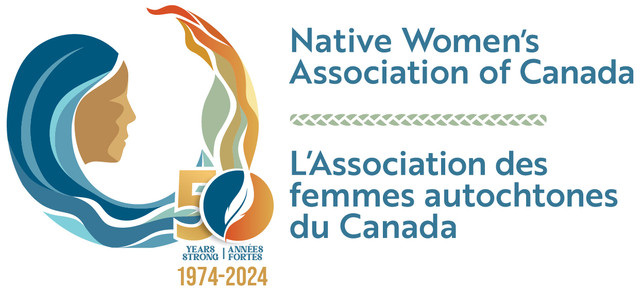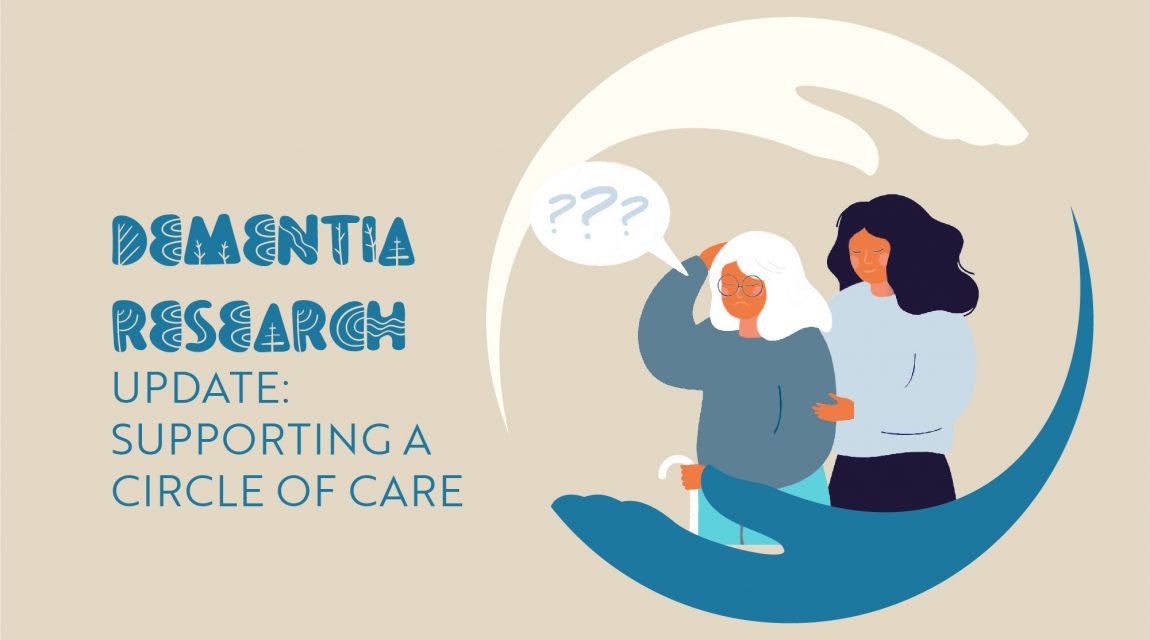The Native Women’s Association of Canada’s aging and dementia programs provide evidence-based and culturally appropriate support to Indigenous people living with dementia and their caregivers. “Supporting a Circle of Care: A Culturally Informed Support Group and Toolkit for Indigenous Caregivers of People Living with Dementia”, a multi-year project funded by the Public Health Agency of Canada’s Dementia Community Investment, was created to provide education and support to Indigenous caregivers of loved ones with dementia. The project is in its final phase and will conclude at the end of March.
Over the last decade, dementia has increased dramatically in Indigenous communities. Dementia care in these communities is often provided within the home, typically by a family member. Though rewarding, caregiving can also be very demanding on the caregiver’s mental, emotional, physical, and spiritual well-being. Caregivers frequently report suffering from sleep issues, anxiety, depression, burnout, feelings of frustration and social isolation, and financial challenges.

Through the Circle of Care project, caregivers have been given the support and information they need to continue caring for their loved ones while prioritizing their own well-being. Resources developed through this project were designed to improve their mental, emotional, physical, and spiritual well-being, which then enhances their ability to care for loved ones. For example, the Circle of Care Toolkit provides tips and strategies on self-care, understanding a loved one’s needs, and developing a support network. There are also resources to help caregivers plan ahead, record important information, and document aspects of their journey with their loved ones.
Ensuring the inclusion of Indigenous values, beliefs, and traditions through engagement is at the heart of Circle of Care. Between January and March, NWAC hosted virtual sharing circles for caregivers. Circles were facilitated by Dr. Danielle Alcock, Anishinaabe Kwe and member of Chippewas of Rama First Nation. In addition to her expertise on memory loss, Dr. Alcock has many years of experience as a caregiver. Also in attendance was Knowledge Keeper Crystal Semanagis, who opened and closed the circles in a good way, burned medicines throughout the sessions, and provided additional support to participants. Grounding the circles in this way allowed participants to feel comfortable and connected to one another, which was central to the creation of supportive healing spaces.
Before taking part in the sharing circles, participants were given an opportunity to review and provide feedback on materials from the Circle of Care Toolkit. An updated version will be completed and made available on NWAC’s Aging and Dementia webpage later this spring. The Toolkit will also be printed and distributed through NWAC’s provincial and territorial member associations (PTMAS), further empowering caregivers to expand their circle of care, mitigate the stress and burden they experience, and thus improve the care their loved ones receive.
These resources form part of NWAC’s ongoing commitment to improving the lives of Indigenous women, girls, and gender-diverse people and, by extension, to the well-being and resilience of Indigenous communities.

